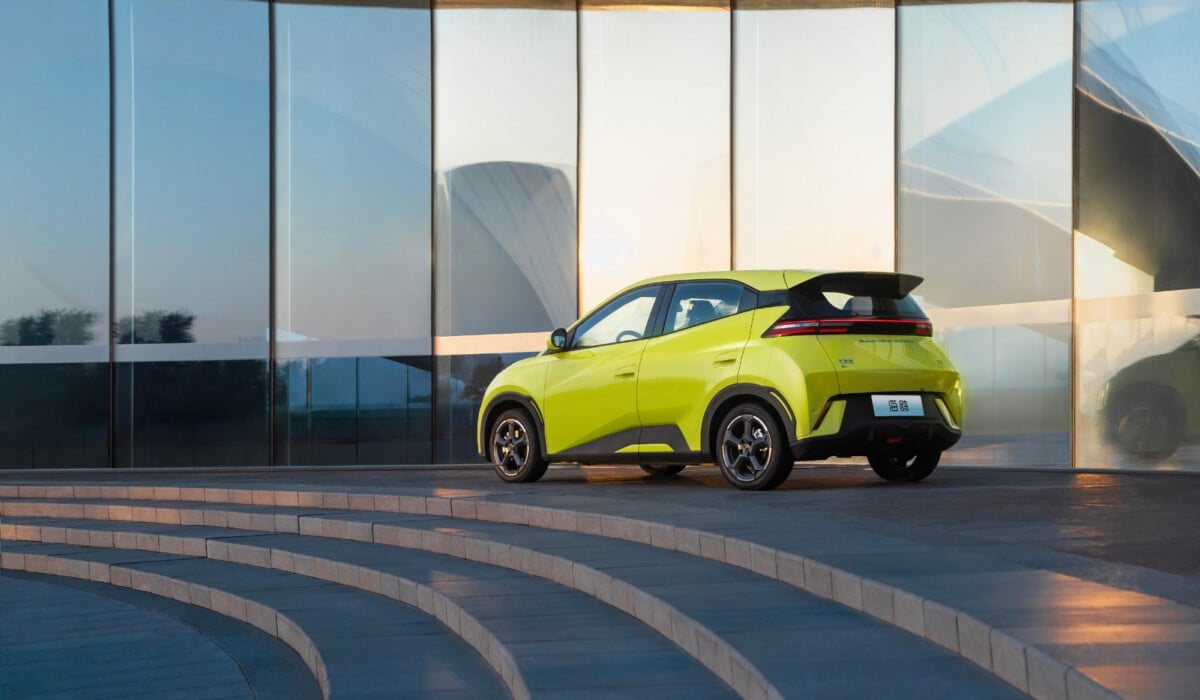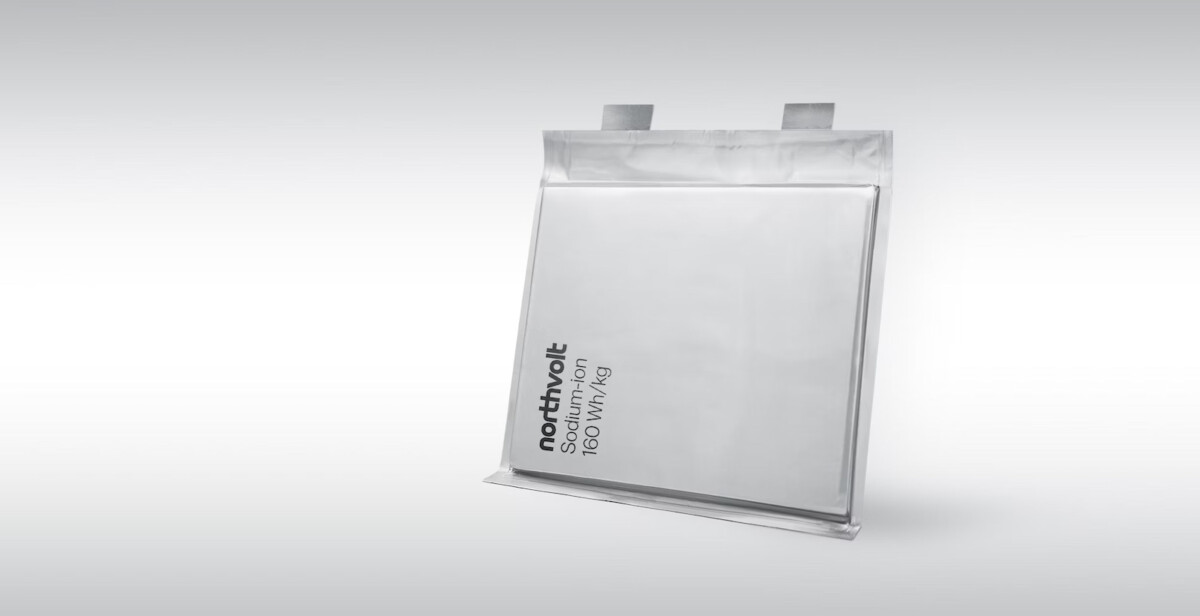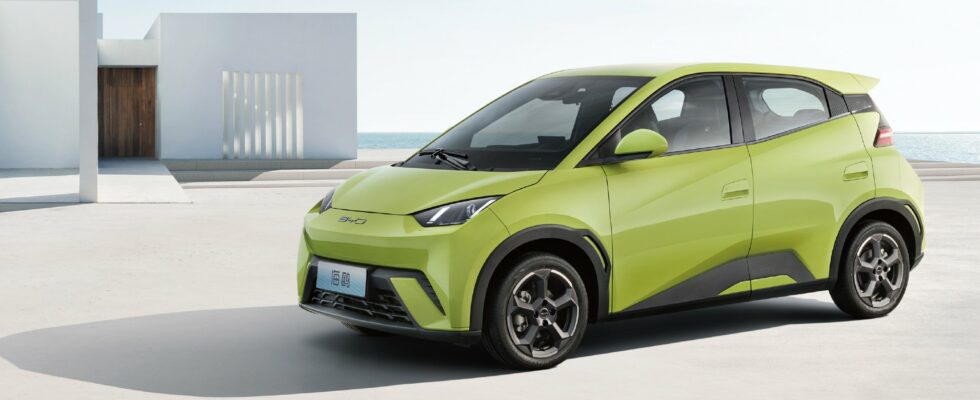Chinese manufacturers are very interested in sodium batteries (without lithium, therefore) for their electric cars. BYD, Tesla’s biggest competitor, has taken a step forward by beginning the construction of a huge factory dedicated to manufacturing these new types of batteries. Let’s expand.
The frenzy around sodium batteries continues in China. Only a few days after the start of production of the first electric car equipped with these lithium-free batteries, BYD, Tesla’s biggest competitor (which actually overtook it in sales figures at the end of 2023), has just started the construction of its production plant.
It was the local administration which announced it on WeChat, the flagship Chinese application, before being taken over by Electrive. And it’s happening quickly, since the agreement between FinDreams, BYD’s entity dedicated to batteries, and Huaihai, a local manufacturer of electric tricycles, was concluded in November 2023, barely two months ago.
Big hopes
As a reminder, this factory required a colossal investment of 10 billion yuan, or approximately 1.3 billion euros. The expected production capacity is 30 GWh annually, which represents 10 million 30 kWh batteries! Batteries that could land in the small BYD Seagull, which will also arrive in France at the end of 2024.

Further proof of the interest shown by Chinese manufacturers in these new types of batteries. There are multiple investments, sometimes by the biggest in the sector, such as CATL. Another factory, belonging to the start-up Zoolnasm, is also under construction with an annual production capacity of 20 GWh.
Real opportunities?
A quick reminder about sodium batteries. The main advantage of the latter is that they do not have lithium, cobalt or manganese: they are therefore much easier and more economical to manufacture than traditional lithium batteries. The absence of these materials, the extraction of which can cause problems from an environmental and human point of view, reinforces the “clean” side of electric cars.

It’s not all perfect though: the energy density of sodium batteries isn’t as good as their lithium counterparts, while charging powers also lag behind. Arguments which lead several experts to say that this technology should remain a minority in the overall mix, but very concrete applications already exist.
We talked about the BYD Seagull above, and small electric cars could very well receive sodium batteries: they do not need long ranges or express recharges, but the purchase cost is essential for these models. ‘entry level.

Stationary storage could also be an interesting outlet; the Swedish company Northvolt is also working on it and recently presented a first cell with promising characteristics.
